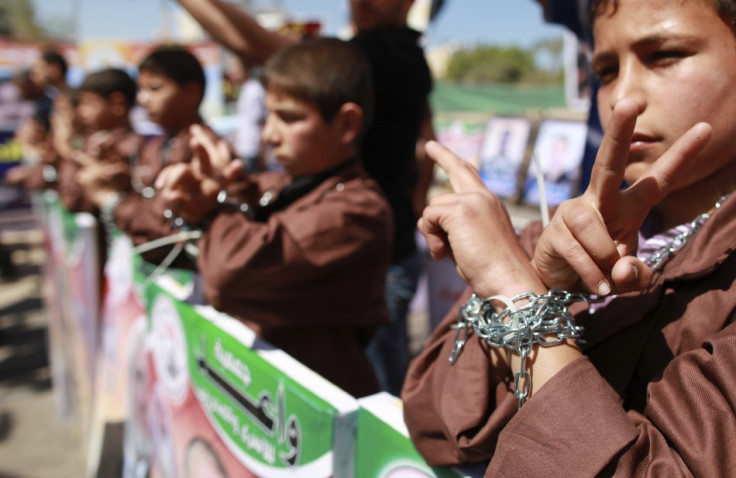Israel: Torture of Palestinian detainees by Shin Bet investigators 'on the rise'

Torture of Palestinian detainees by investigators from Israel's internal security service Shin Bet is on the rise, according to a new report.
The investigation, conducted by Israeli newspaper Haaretz, warned that "moderate physical pressure" is still used during the questioning of Palestinian prisoners despite a 1999 ruling by the High Court of Justice forbidding Shin Bet from using torture during interrogations.
The ruling further rejected the possibility of using torture in case of the so-called "necessity defence" set forth in Israel's Penal Law.
However, the report - which collected data from military courts and the Public Committee Against Torture in Israel - claimed that cases of torture of Palestinian detainees have increased in the second half of 2014 and that torture is used "unnecessarily".
The report cited some examples of people believed to have made confessions under torture, such as the case of Mohammed Hatib, who confessed under interrogation to belonging to the terror cell that carried out the abduction and murder of three Israeli teens last June.
However, according to his charge sheet, the Shin Bet and Military Advocate General later rejected his confession, thought to have been obtained through torture.
The use of torture by state representatives is a grave violation of international law and the International Covenant on Civil and Political Rights, of which Israel is signatory.
Articles 6 and 7 of the covenant, which respectively protect the right to life and right to be free from torture, are non-derogable, meaning that the state must guarantee them at all times, even in case of war.
The Haaretz investigation comes a few months after a US Senate Intelligence Committee report alleged that CIA officials justified their torture techniques on terror suspects citing a 1999 Israeli legal ruling.
The report mentioned a November 2001 memorandum, Hostile interrogations: Legal Considerations for CIA Officers, which says that CIA cited the "Israeli example as a possible basis for arguing that 'torture was necessary to prevent imminent, significant, physical harm to persons, where there is no other available means to prevent the harm.'"
© Copyright IBTimes 2025. All rights reserved.






















